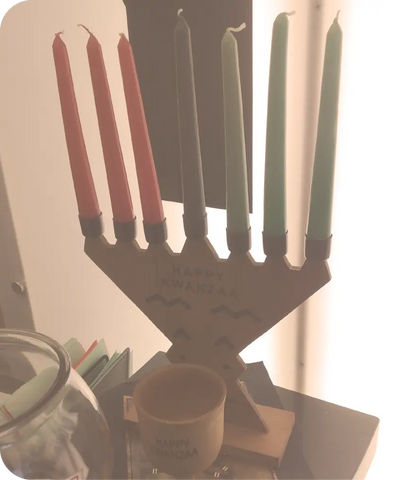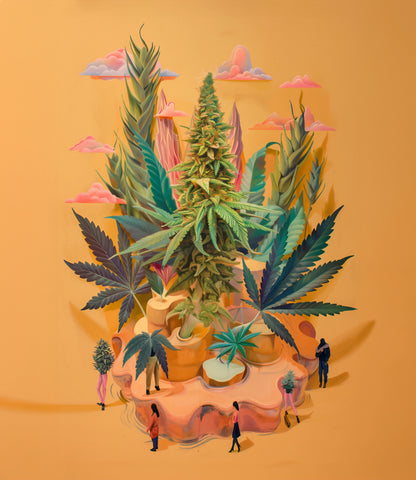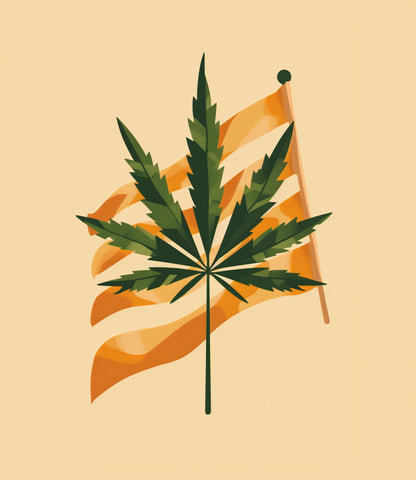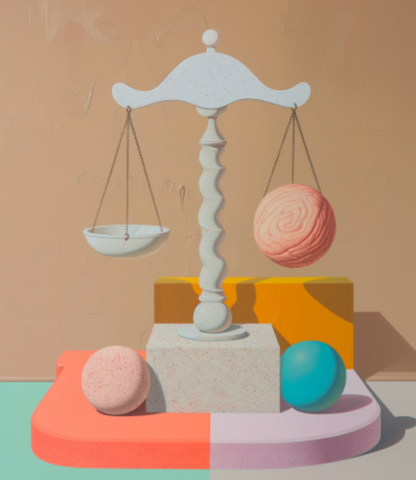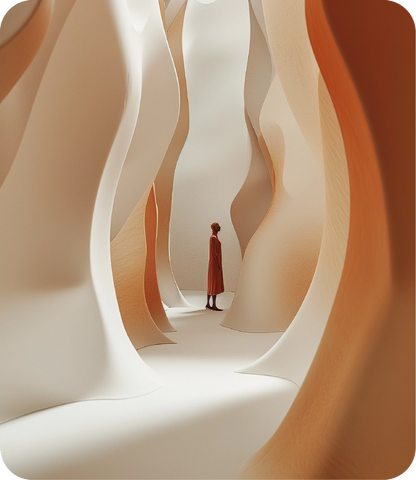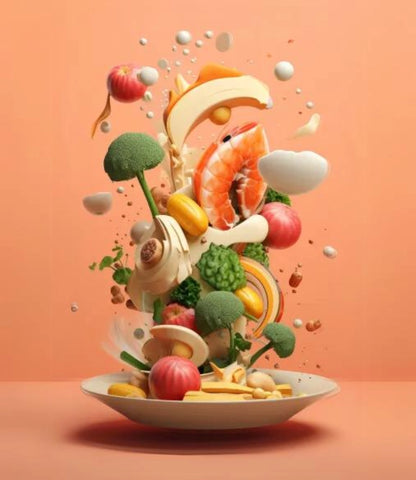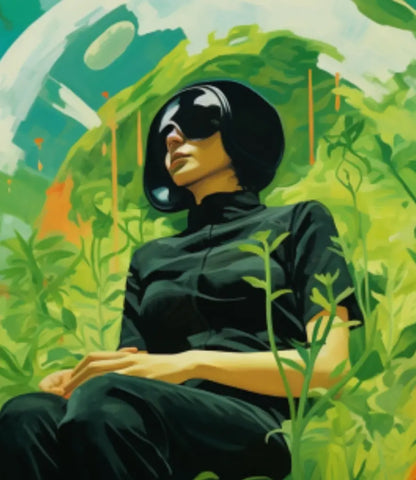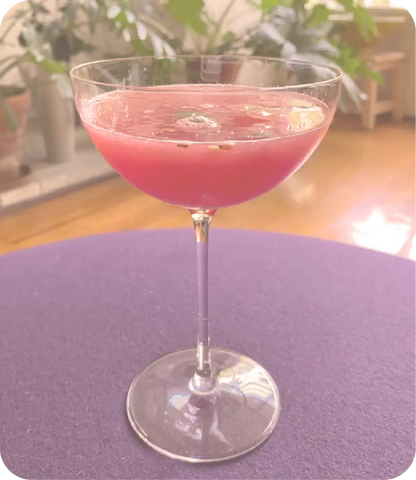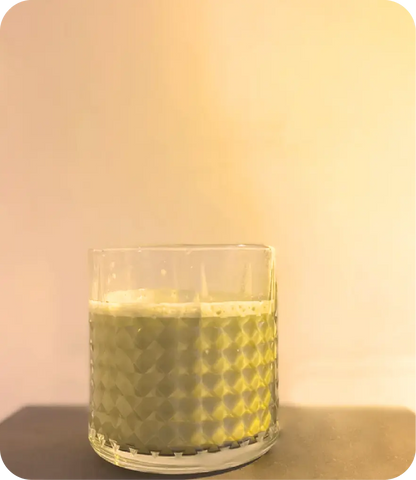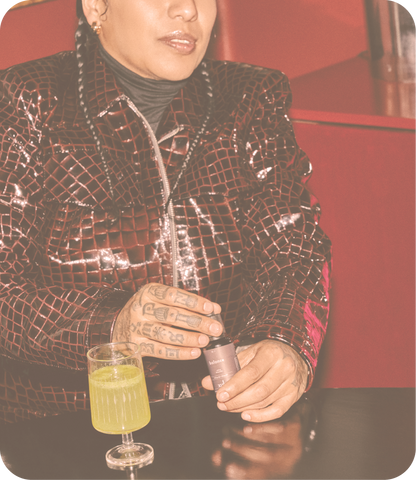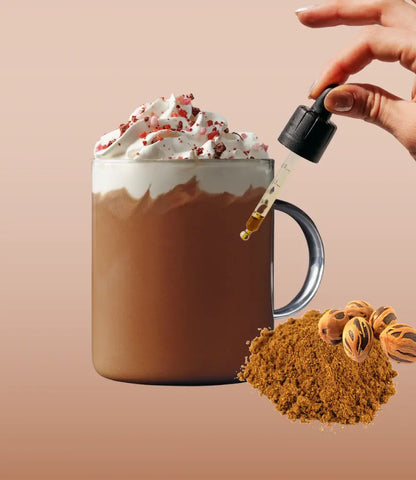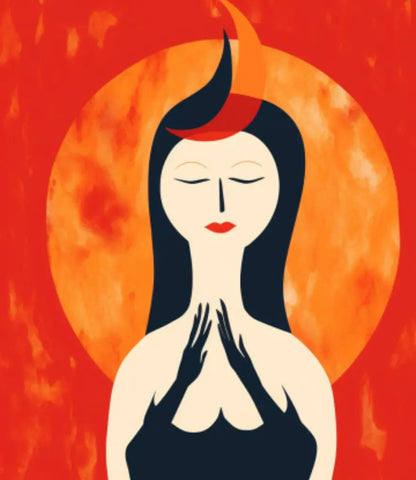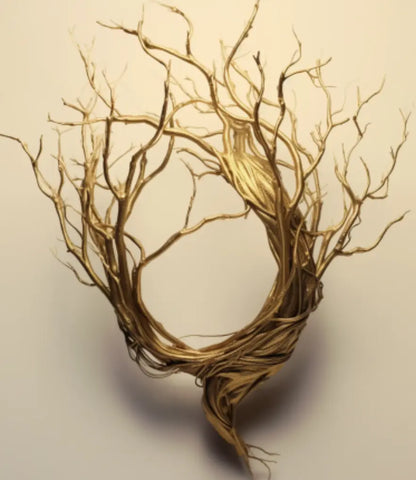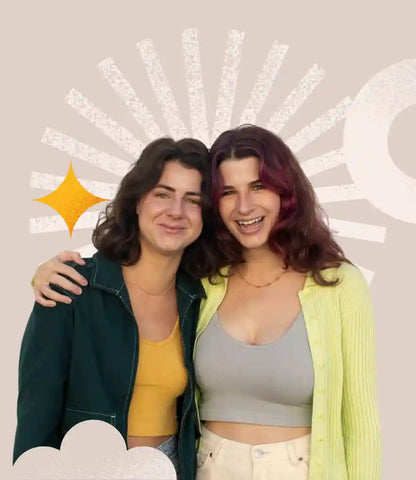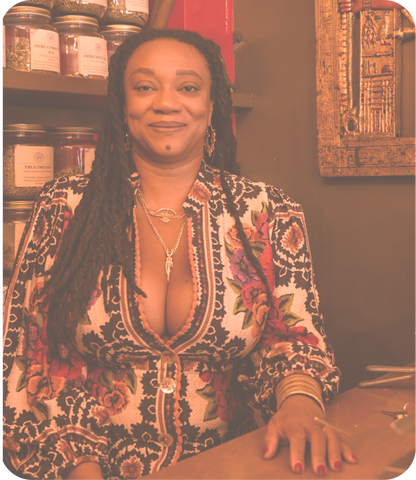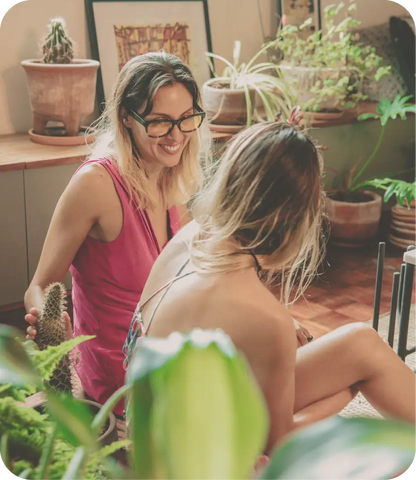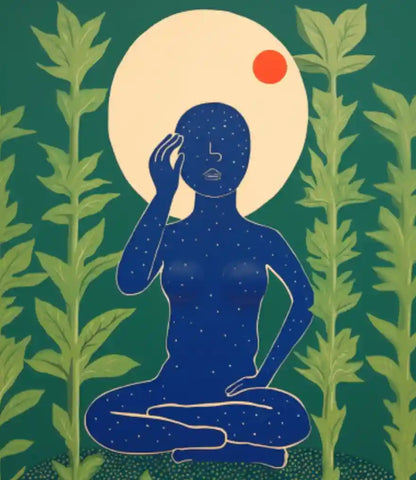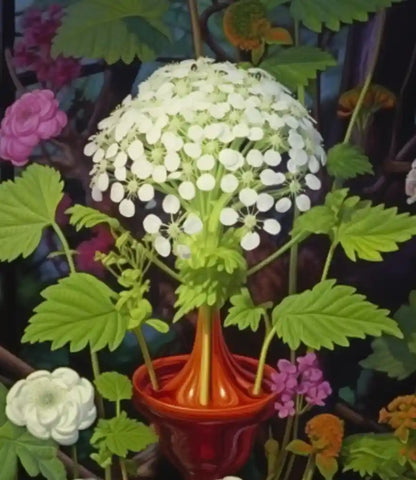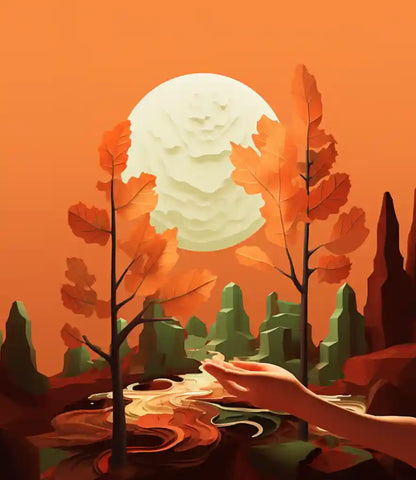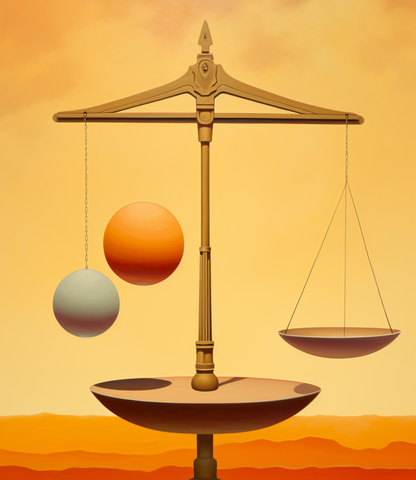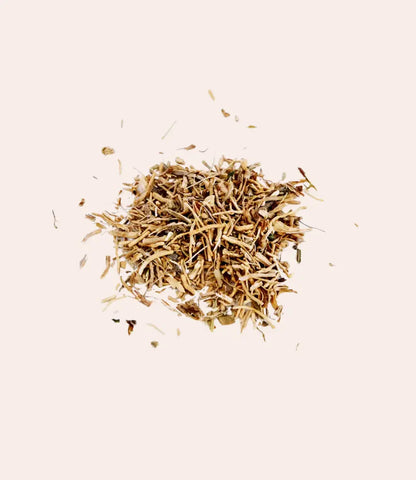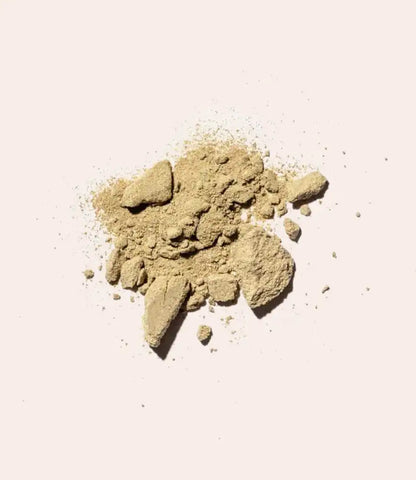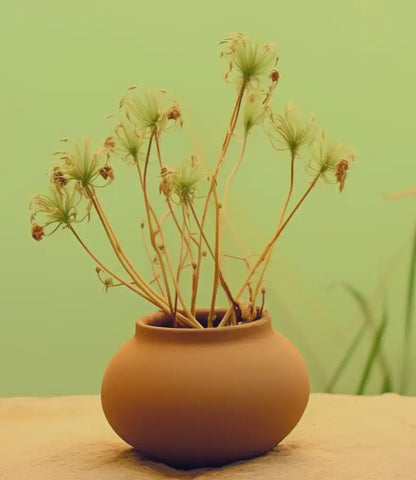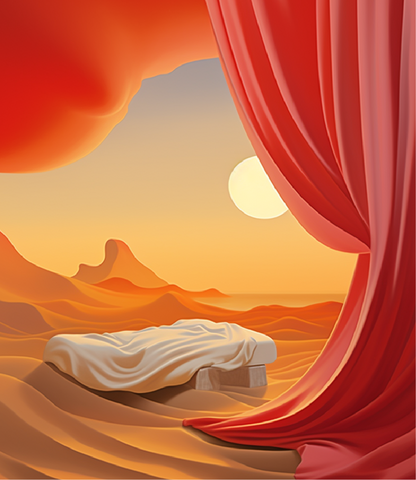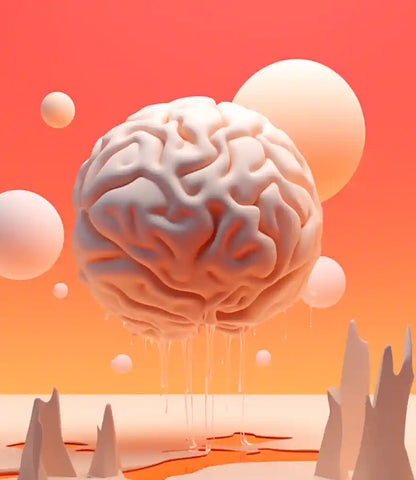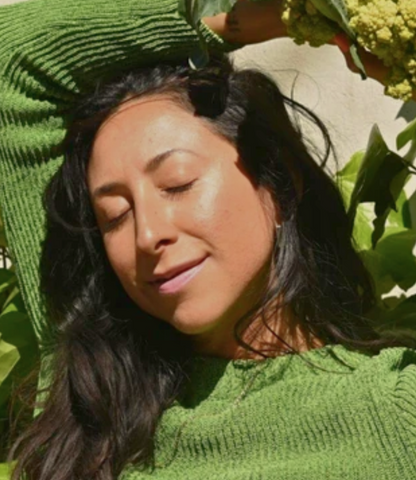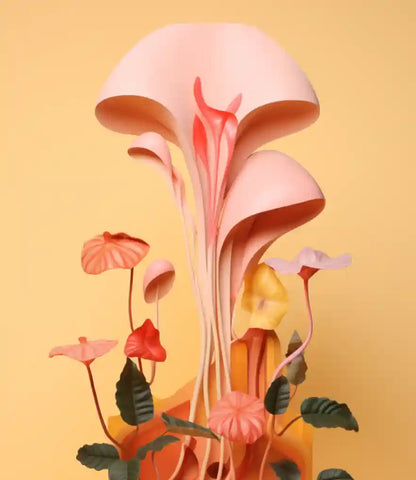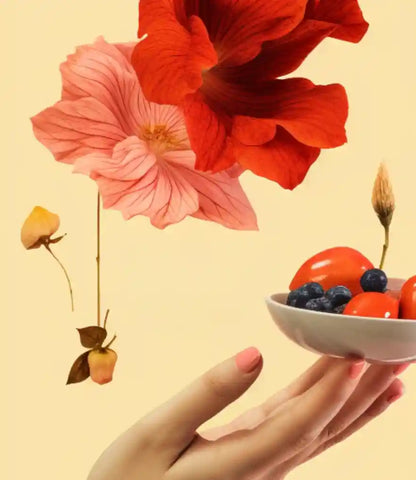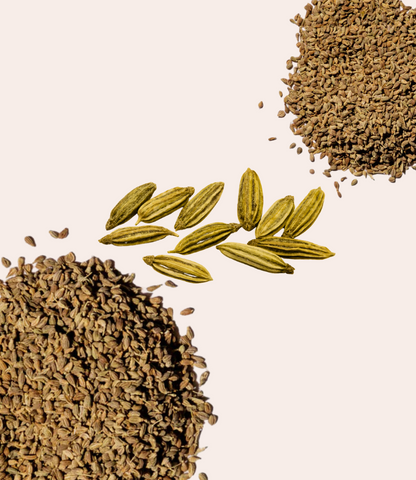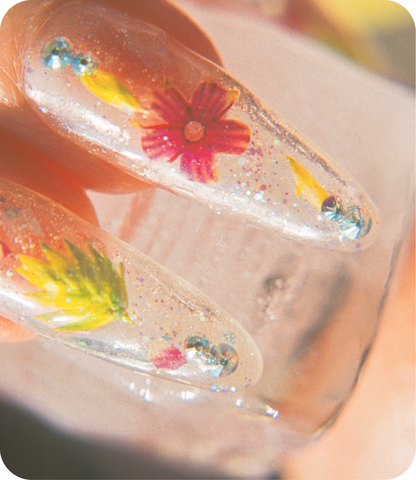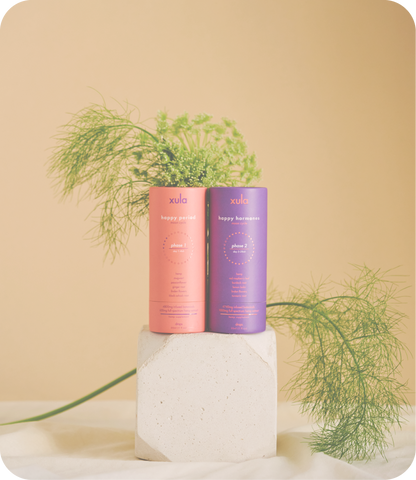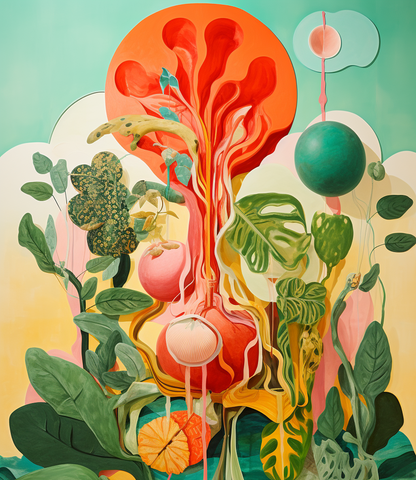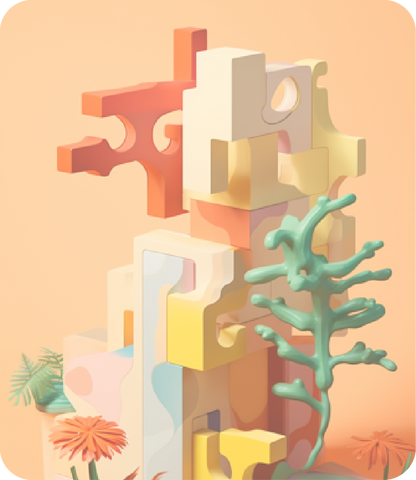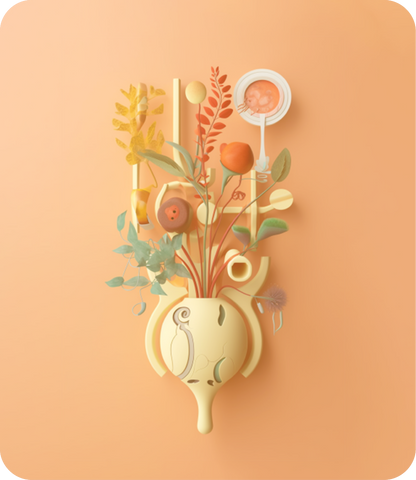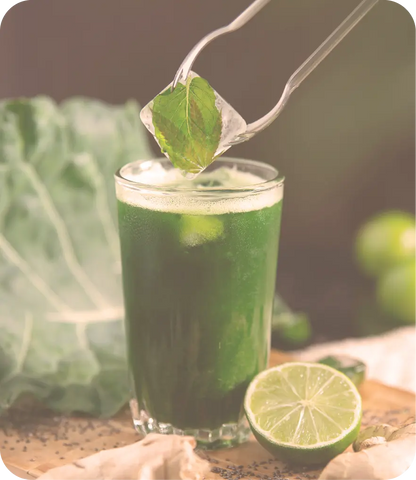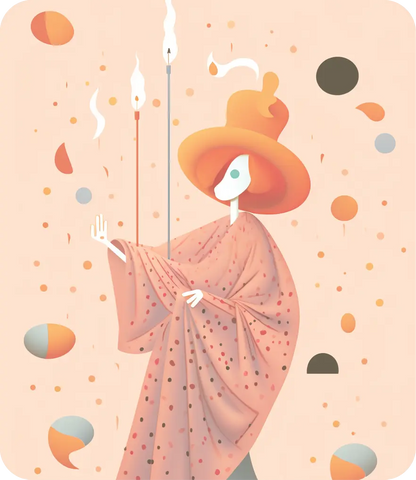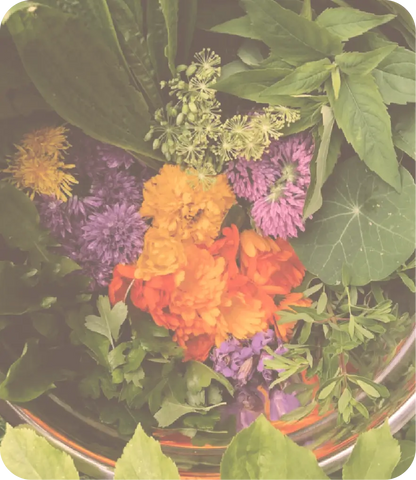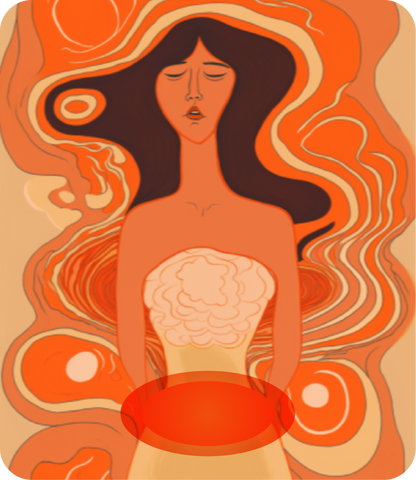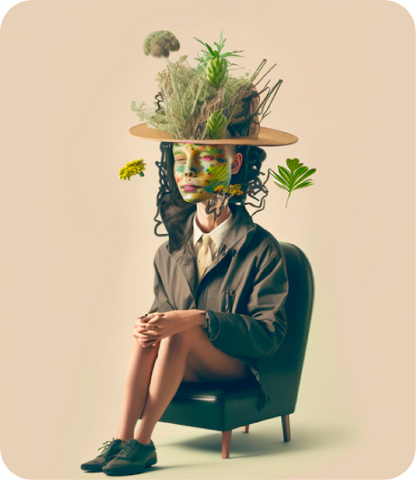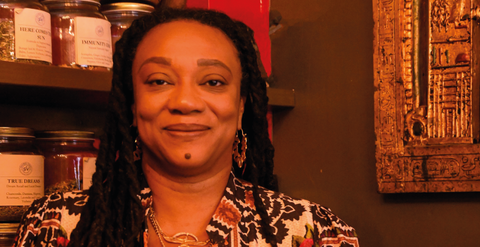
The Many Roles of a Master Herbalist
What are the defining qualities of a Master Herbalist? The title implies a command of herbal knowledge and often involves a diploma. But what truly embodies this designation is the herbalist’s relationship with their community, with plants, with spirit. They are a healer, a teacher, and a conduit of wellbeing. Spirit, people, and plant medicine—these principles center the work of Master Herbalist, Karen M. Rose.
“Healing the physical and spiritual dimension has always been connected for me, and this is the way I continue to practice. There is no separation between the emotional wellbeing, the spiritual wellbeing and our physical wellbeing. They’re all deeply connected...I honor my ancestors each day for their teachings that they brought forward in me today to be able to stand in my power”
-Learning How to Heal Yourself, New Museum Workshop 2016 | Karen M. Rose
Born in the coastal region of Essequibo, Guyana, Rose grew up within an isolated community without access to medical doctors. The medicine that sustained her community was brought to the ill by its healers. These healers, known as ‘Aunty’ or ‘Uncle,’ knew what plants and herbs to use to treat common ailments and injuries.
Healing was embedded in her community. This reflected back to Rose the magic her own bloodline stored. Herbalism flows through her veins as her grandfather, a rice farmer and herbalist, was known to heal snake bites common to people working on farms and living in the Amazon. The sustained longevity of her community was linked to their access to medicines introduced by indentured servants & immigrants who came to the coast.
Rose incorporates the herbal traditions of her Chinese, Indian and African ancestry into her practice today. She was called to her legacy of plant medicine as she witnessed firsthand the impact herbs can generate within a community. Formally trained in Western and Eastern herbalism, Rose grounds her expertise in the cultural legacy of healing within Black and Indigenous cultures.
Remembering the Spirit of Plants
Rose embarked on the journey to study plants after recognizing one thing: Her knowledge of herbalism did not transfer to her location. While living in Arizona, she would contact her grandma in Guyana to understand the herbs suitable to use with her first-born daughter, Lauren; she sought out the healing power of plants out of the desire to give her daughter the best care. These recommendations consisted of plants native to the Amazon. Although both regions share warm weather, the climates of the rainforest and the desert are night and day. Rose knew then she would have to become familiar with the plants native to the deserts of North America and study Western herbalism. Throughout the years of her formal studies, she would come to learn that the intimacy of spirit and ancestry in herbal healing would not always be the case.
Seeking to expand her knowledge and relationship with plants native to different regions, Rose entered white herbalist spaces. There she found the appropriation of herbal practices ran rampant. The stark contrast between herbalist communities struck her. Maintaining cultural integrity is inseparable from Rose’s practice.
“No one at that point was talking about spirit and plants… gone were all the stories about why the plant was used, gone was all the ancestral tradition behind it, gone was this rich legacy of people whose medicine you’re using."
- Karen M. Rose, NYT
Plant Practices
Rose’s offering of community healing to Black and other POC communities spans farther than her medicines. Her Brooklyn-based herbal store, Sacred Vibes Apothecary, providing community healing since 2002, offers its own apprenticeship program to educate students studying the art and practice of herbalism. Rose spends about 3 years with each individual teaching botany, plant identification, medicine making, and tools to apply these skills to healing yourself and your community.
Rose’s apprenticeship program helps students build their knowledge of herbs & various herbal traditions such as African, Chinese and Ayurvedic herbalism. Her program highlights the role intuition plays within the practices. She cultivates and grows the innate intuitive capacities of students by assigning them ‘plant allies’ with which they spend 14 weeks in deep reflection.
Thanks to Karen M. Rose’s dedication to providing education and hands-on experience, within the past decade, over 400 Black and POC herbalists have been trained under her tutelage. Her responsibility to community-conscious healing permeates through all she does and inspires Black people to reclaim their right to heal.
Healing the Community
As a spiritual herbalist, Rose’s personal mission is to restore the centrality of spirituality in the practice of herbalism in the West. These outstanding efforts connect people to accessible healers in the Black, Latinx, Indigenous, and Queer communities. While the apprenticeship program is one means toward this end, gatherings represent another. Rose recently hosted the 4th Annual Black Herbalist Convergence. This event centers the wealth of experience and dedication Black herbalists circulate within their communities in the United States and across the African diaspora. In this year’s virtual gathering, Rose provided a growing platform for healers within the Black community to proudly reclaim and share the healing traditions of their ancestors.
Rose’s vision for a healthier future for her community has paved the way for the February 2022 release of her upcoming book, The Art & Practice of Spiritual Herbalism. The book channels the infinite wisdom Karen has accumulated during her time as an herbalist. She instructs her readers how to heal their emotional and spiritual bodies through the power of herbal medicine in addition to treating physical symptoms.
The many roles Karen M. Rose embodies as an herbalist reflects the beauty of preserving the practices of our diverse origins that not only distinguish our unique talents, but bridge communities deprived of the knowledge and practices they need to heal themselves.


